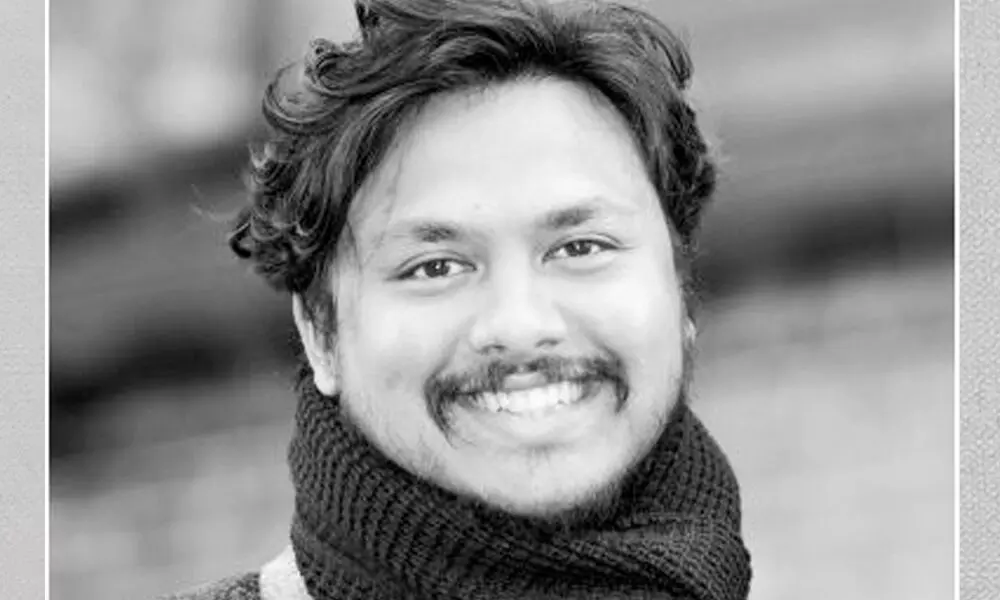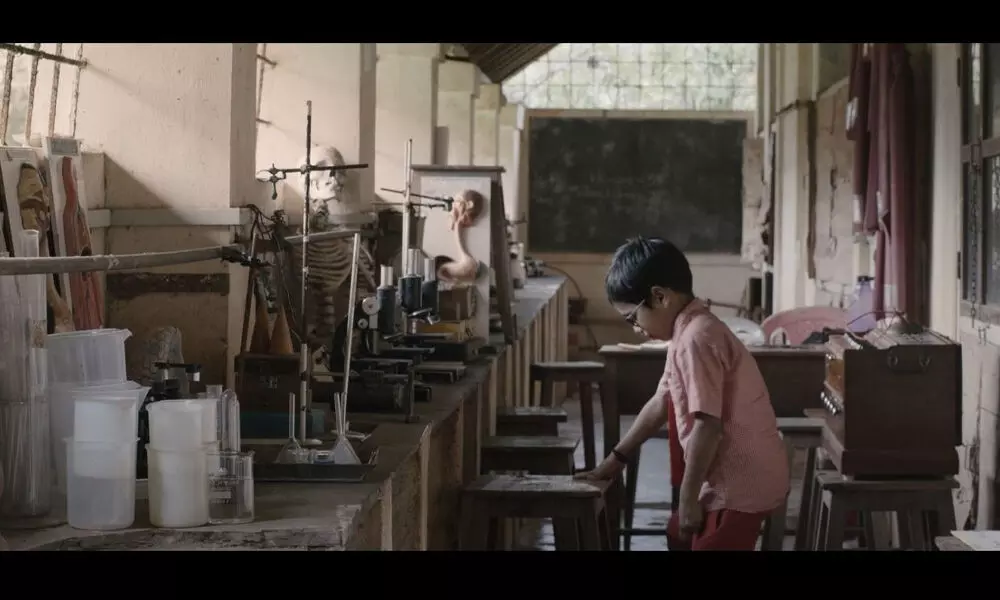'Cinema should unfold, but not reveal all'
image for illustrative purpose
SOMETIMES the pace of the film can be the real content. At times, it is the rhythm that says the most important things. Filmmaker Akshay Indikar, whose latest movie 'Sthalpuran' (Chronicle of Space) premiered at the 70th Berlin International Film Festival and will be the closing film at Indian Film Festival of Los Angeles (IFFLA), feels that cinema should unfold, rather than tell everything.
"Also, it should not reveal all. Some things should be kept hidden from the audiences. Who can question the beauty of that mystery? Pauses and silences therefore ascertain a peculiar level of intimacy with the audiences," says the director who also has to his credit films like 'Udaharnarth Nemade' and the award-winning 'Trijya' which premiered at the Shanghai Film Festival and was also screened at the Black Film Festival in Switzerland.
'Sthalpuran' started off with the question 'Can we see life through the prism of a childhood innocence?' That being the starting point, it looks at his curiosity towards the new surroundings he finds himself in. "Also, being set in Konkan, which is a coastal area, we wondered if we could explore that place. After all, each space has a story to tell..." says this Pune-based director.
Hailing from a family of nomadic folk artists, Indikar admits that both 'Trijya' and 'Sthalpuran' boast of autobiographical elements. "I have always believed that any fine work of art is always auto-biographical in nature. Our memories and experiences do not divorce the subconscious mind. And frankly, art is meant to explore those sub-conscious memories. Therefore, I am the only one who can express my story well. If cinema brings that personal quality, it becomes universal," says this 29-year-old.
Stressing that his background has shaped his world-view as a filmmaker, he says that rather than simply venturing into the mainstream Marathi industry, he has managed to carve his own identity. "I work with an individualistic approach and every single film I make is a whole another journey. Folk elements are always a part of my works."
Indikar, who quit the Film and Television Institute of India (FTII), Pune after one year, says it was the best decision he had made in his life. "I felt that I would not be able to make films if I go too much into theory. I was in the editing course and found it too industry-oriented. Rather than learning theory, I felt that it would be better to just in and make movies. Also, in this age of the Internet, you really do not need a film school."
Talking about his upcoming film 'Construction', shooting for which was supposed to commence in August, he says it is a musical love story to be shot in multiple countries. "Rich in folk and contemporary music, it would be about identity and our roots," says the director who is planning to collaborate with Anurag Kashyap soon.
Stressing that a theme should "disturb" him enough for a long time before he decides to translate it into cinema, he adds, "The idea should remain with me, and exhort me to explore it. After all, movies explore the inner world and capture meanings that words cannot express. I find it so fascinating that after joining two shots or two sounds, a new feeling emerges, a new poetry. Not mathematics, but sheer verse."
Ask him about a number of independent films being made in the Marathi language, and he laments that the industry is still dominated by the mainstream. "Is good cinema supported enough? Who is coming forward - film societies, audiences, government... how are we supposed to survive? Even in the Marathi film industry, many don't know about my cinema. Is it not tragic that we start making a name in our country, only after our films are screened at major festivals abroad?"



